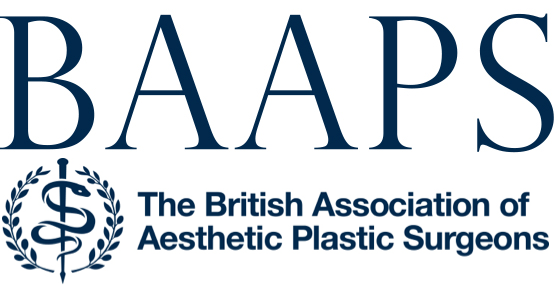-
Views
-
Cite
Cite
Jacob B Hammond, Commentary on: Eye-Tracking Technology in Plastic and Reconstructive Surgery: A Systematic Review, Aesthetic Surgery Journal, Volume 40, Issue 9, September 2020, Pages 1035–1036, https://doi.org/10.1093/asj/sjz347
Close - Share Icon Share
Extract
The authors provide an excellent, comprehensive review regarding the contemporary use of eye-tracking technology in plastic surgery.1 Surgeons strive to optimize cosmetic outcomes in both aesthetic and reconstructive surgery. Currently there exist few objective measures to achieve this goal. Eye-tracking technology has the potential to provide this objective assessment. The fact that only 23 studies were included does not represent a shortcoming in the authors’ methodology, but instead highlights the fledgling use of eye-tracking technology. With the study of any contemporary technology there will always be debates regarding the standards for its utilization. The aim of this commentary is to summarize and elaborate on the topics discussed by the authors and perhaps further clarify the standardization of eye-tracking technology in plastic surgery research. Exploring the advantages and challenges of establishing research criteria for this technology is of great benefit to future research endeavors. In this review, the authors highlight some important criteria to help standardize the design of eye-tracking studies: the use of media (photographs, video), the quality of this media, and the best use of observing subjects.






